The recent verdict in the case of Judith Sobol (42), a home health care nurse is found guilty of second-degree murder in the death of 3-year-old Ophelia Mazure.

Read our story on: two nurses protecting newborns during massive earthquake
What Happened On The Nurse’s Shift
Ophelia was reportedly born with severe medical conditions that left her unable to breathe on her own. As a result, nurse Sobol was hired to provide overnight care while her parents slept.
However, on the night of June 19, 2022, the nurse, Judith Sobol, showed up for work late. And, at around 2 a.m. Ophelia’s mother, Shelby Mazure, awoke to use the restroom and that’s when she heard alarms from Ophelia’s medical equipment.
Upon arriving at Ophelia’s bedroom, she found her tracheal tube disconnected and Nurse Sobol seemingly incoherent with half of her body on a chair while the other half remained limp on the floor.
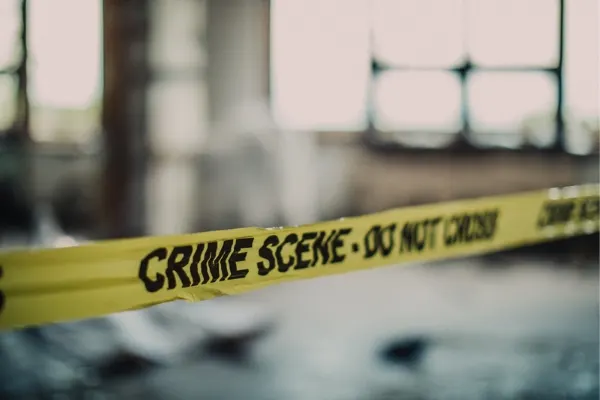
Shelby called 911 while her husband, James Mazure, jumped into action immediately performing CPR on Ophelia.
When police arrived, they found Sobol in a fetal position, rocking back and forth. The nurse confessed to the police that she was under the influence of Methamphetamine when she arrived for work. She also admits to previous addiction and has been clean for about eight months before relapsing.
The Michigan Department of Licensing and Regulatory Affairs (LARA), Michigan Board of Nursing Disciplinary Subcommittee, has since revoke the registered nursing license of Sobol due to her violation of “public health code policies”. Attorney General Dana Nessel recently confirmed this decision.
A Berrien County jury in Michigan delivered their verdict last week, which took just 45 minutes to reach their decision. Judith Sobol is found guilty of second-degree murder and is expected to present for sentencing in April.
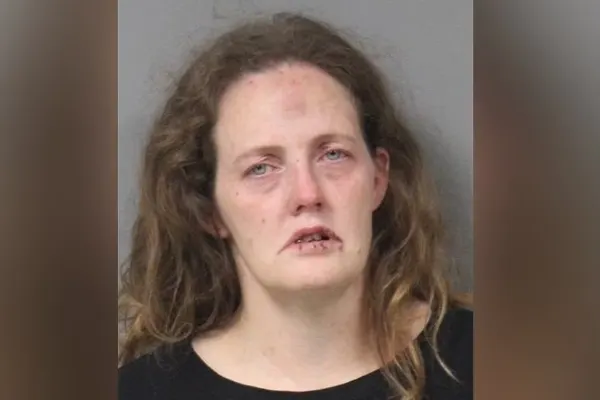
Our Take
The events leading up to Ophelia’s death are tragic and entirely preventable. Sobol’s addiction caused her to neglect her duties as a healthcare provider.
It is difficult to imagine the pain and heartbreak Ophelia’s parents and loved ones must have been through. It is a tragedy that a young child, born with severe medical conditions, had her life cut short due to the negligence and addiction of a healthcare provider.
The verdict is a stark reminder of the harsh consequences of addiction in healthcare and serves as a wake-up call for nurses to take a closer look at their own potential struggles with addiction. Addiction is a disease that does not discriminate, and healthcare professionals are not immune.
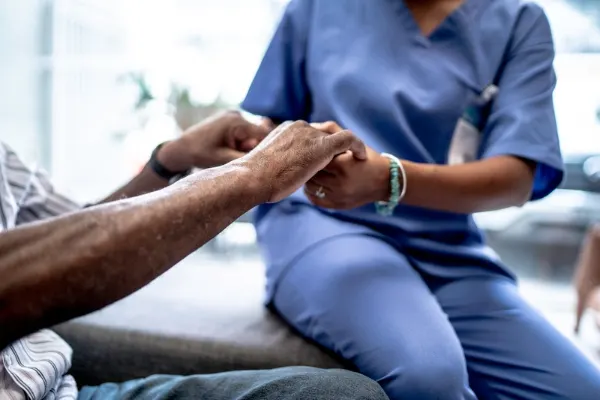
The Prevalence of Addiction Among Nurses
It is estimated that between 10-15% of healthcare professionals struggle with addiction, including nurses.
The high-stress, high-pressure environment of healthcare, access to prescription drugs, and long working hours, can make nurses particularly vulnerable to addiction. It is important to note that this does not excuse negligence as the consequences can be permanent—as we’ve seen with Orphelia and similar cases.
Unfortunately, many nurses may be hesitant to seek help due to fears of losing their license or damaging their reputation.
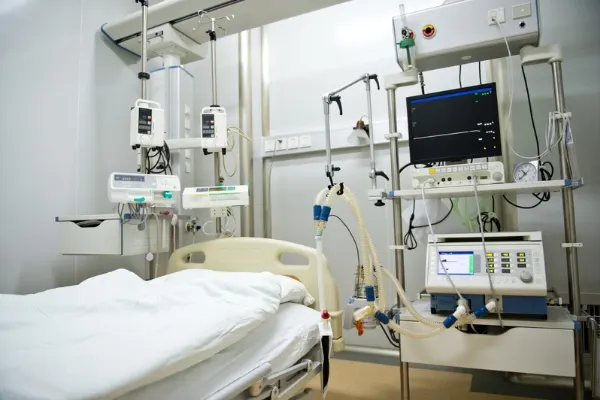
Recognizing the Signs of Addiction
It is crucial for nurses to recognize the signs of addiction in themselves and their colleagues.
These signs may include:
- changes in behavior
- mood swings
- frequent absences or tardiness
- a decline in work performance
- financial difficulties
It is important to approach colleagues with empathy and concern, rather than judgment or criticism. Encouraging them to seek help before the consequences become severe.
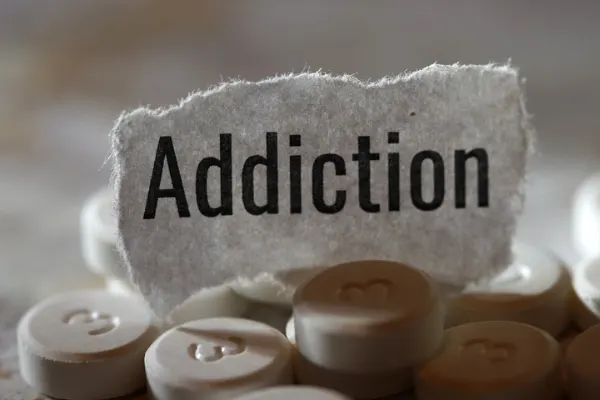
Resources for Nurses Struggling with Addiction
There are many resources available for nurses who are struggling with addiction. The Substance Abuse and Mental Health Services Administration (SAMHSA). This organization provides a confidential helpline for individuals seeking information and treatment options for substance abuse and mental health disorders. 1-800-662-HELP (4357)
Moreover, the National Council of State Boards of Nursing (NCSBN) also offers a confidential alternative-to-discipline program for nurses who are seeking help for substance abuse or mental health issues.
It is important for nurses to remember that seeking help for addiction is not a sign of weakness, but rather a courageous and proactive step towards recovery.
The consequences of not seeking help can be devastating, as demonstrated by the tragic case of Judith Sobol and Ophelia Mazure.

Final Thoughts
Nurses must be vigilant in recognizing the signs of addiction in themselves and their colleagues. Cultivating a therapeutic work environment is the responsibility of every participating individual in the workforce to avoid hesitation from those who want to seek help if needed.
This case highlights the importance of justice and accountability. While the verdict perhaps may bring some closure to Ophelia’s loved ones, it is essential to acknowledge that there are no winners in this case. Sobol’s addiction and actions have had far-reaching and devastating consequences, both for Ophelia’s family and her own.
Let us honor the memory of Ophelia Mazure by raising awareness of addiction in healthcare, and working towards a future where no family has to endure such a tragic loss.